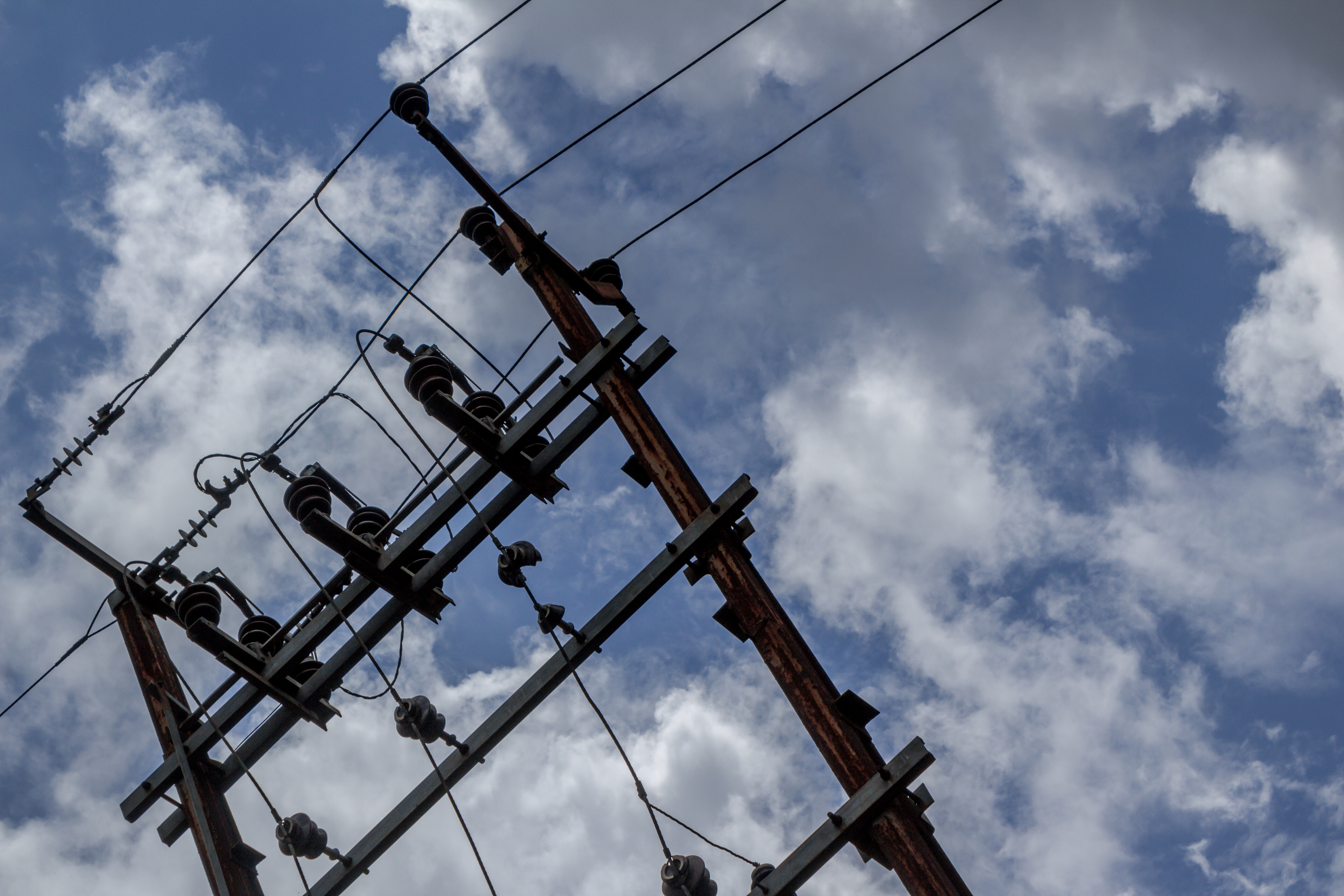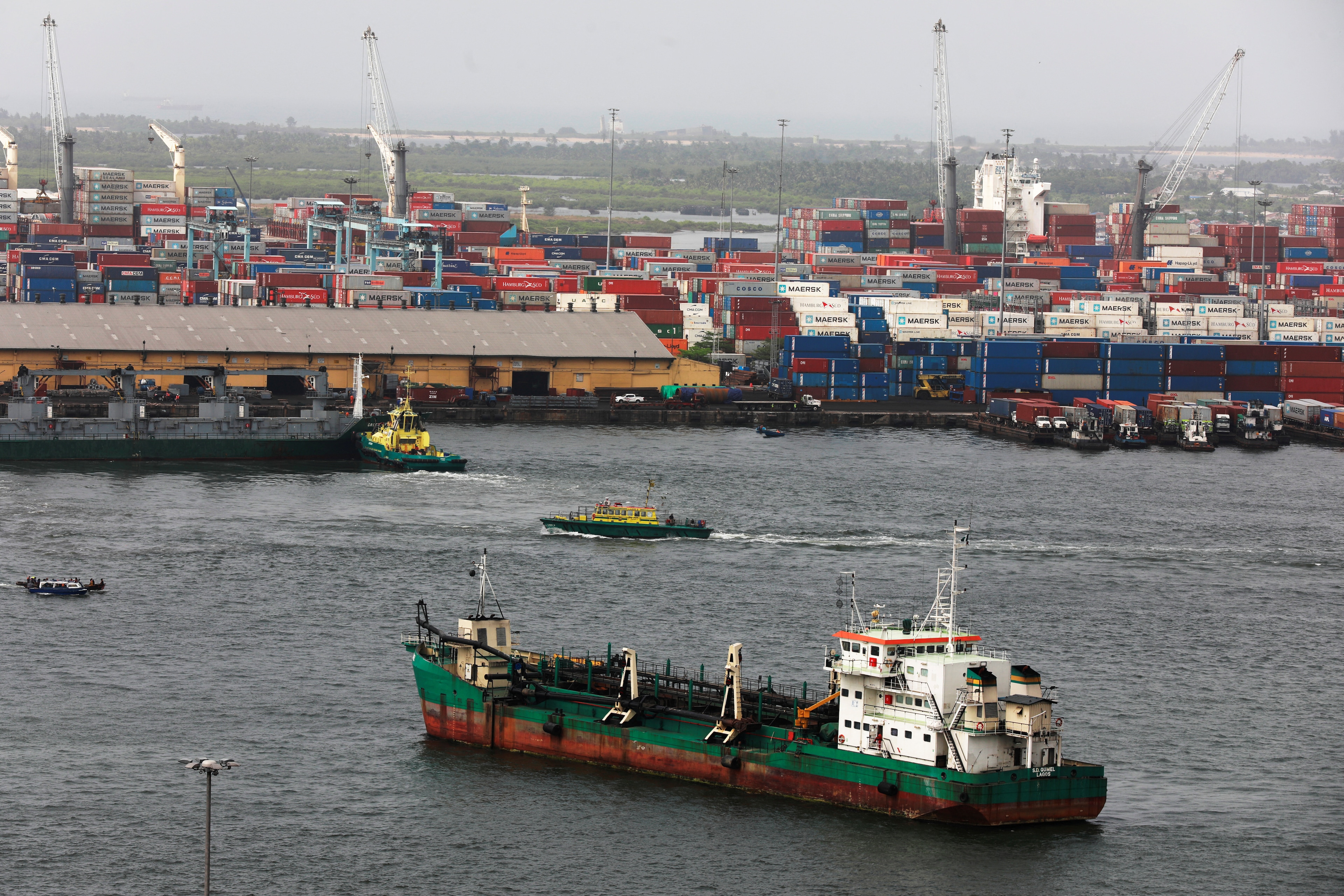Why Europe’s largest energy companies support carbon pricing
Stay up to date:
Decarbonizing Energy
“We consider that we need carbon pricing at the level of the world, if possible, but we have been very active at the level of Europe.
I have gathered the CEOs of the largest European utilities, and we have created a group which has been very active in promoting solutions to save the European energy system, which was really in bad shape.
Among the proposals we made was the recovery of a strong EU ETS scheme with a kind of central bank, which finally has been called the Market Stability Reserve, to reinvigorate the price of carbon.
So, all the European energy companies, the biggest ones, have been very active in supporting even an ambitious target of reduction of 40 percent of the emissions arising in 2030.
The reason for businesses is the same: We need visibility and predictability. We have a preference for market-based systems rather than taxes because we know that governments can use the tax system to have budget revenues, and therefore sometimes it’s not directed resulting from an appreciation of the needs of the market for getting the right price.
Today, everywhere in the world the price is not high enough. It is not high enough to send the appropriate signal to the investors, to the businesses, to make the appropriate investments in low-carbon technologies, in energy-efficiency solutions. So everything which can be done to increase at the right level the carbon price is interesting.
And as Christine Lagarde mentioned, the drop of oil prices, which has been massive, creates the right momentum to increase the carbon price.”
This post first appeared on The World Bank Development in a Changing Climate Blog.
Publication does not imply endorsement of views by the World Economic Forum.
To keep up with the Agenda subscribe to our weekly newsletter.
Author: Gérard Mestrallet is chairman and CEO of ENGIE, formerly GDF Suez.
Image: Steam billowing from the cooling towers of Vattenfall’s Jaenschwalde brown coal power station is reflected in the water of a lake near Cottbus, eastern Germany. REUTERS/Pawel Kopczynski
Don't miss any update on this topic
Create a free account and access your personalized content collection with our latest publications and analyses.
License and Republishing
World Economic Forum articles may be republished in accordance with the Creative Commons Attribution-NonCommercial-NoDerivatives 4.0 International Public License, and in accordance with our Terms of Use.
The views expressed in this article are those of the author alone and not the World Economic Forum.
Related topics:
Forum Stories newsletter
Bringing you weekly curated insights and analysis on the global issues that matter.
More on Energy TransitionSee all
Eneida Licaj and Sarah Moin
September 23, 2025
Natalie Unterstell and Alex Scott
September 22, 2025
Gavin Templeton
September 19, 2025
Keith Svendsen
September 18, 2025
Stephanie Jamison
September 18, 2025







